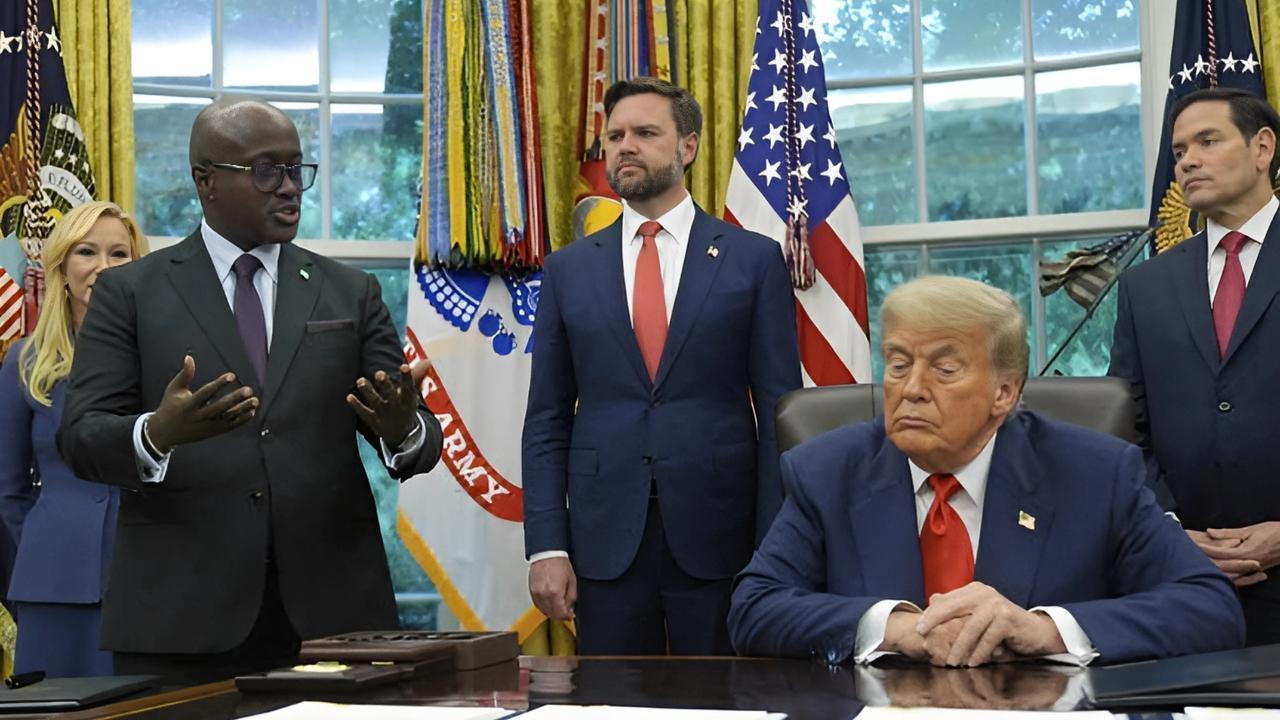
Post by : Priya
Photo:AP
In a significant development in global migration management, Rwanda has agreed to accept up to 250 deportees from the United States as part of a controversial immigration arrangement initiated under former President Donald Trump’s administration. This agreement, finalized in June 2025 in Kigali, reflects a growing trend where countries negotiate third-country deportation deals as a strategy to manage immigration and deportation challenges beyond traditional borders.
Background and Context
The United States has long grappled with managing its undocumented immigrant population and deportees, especially those who have served criminal sentences but cannot be easily returned to their countries of origin. Under President Trump’s stringent immigration policies, the U.S. government sought innovative, if contentious, solutions. One such approach involves deporting certain migrants and offenders not directly back to their home countries but to third countries willing to accept them, a mechanism known as “third-country deportation.”
Rwanda, a small East African nation known for its rapid economic growth and relative stability in the region, has now joined this arrangement by consenting to take in 250 deportees from the U.S. This deal builds upon Rwanda’s prior experiences, including a failed migrant deportation deal with the United Kingdom, which collapsed in 2023 due to legal challenges and political opposition.
Details of the Rwanda-U.S. Agreement
According to Rwandan government spokesperson Yolande Makolo and other officials, the deal allows Rwanda to accept up to 250 migrants deported from the United States. Each deportee will be vetted by Rwanda before acceptance, ensuring cases meet Rwanda’s criteria. Notably, the plan excludes child sex offenders and focuses primarily on migrants who have completed prison sentences or those without ongoing criminal cases.
Deportees accepted by Rwanda will receive assistance to help them integrate into society. This includes accommodation, healthcare services, and workforce training programs designed to “jumpstart” their lives in Rwanda. The Rwandan government emphasizes that deportees will not be forced to stay in Rwanda indefinitely; they may leave if they wish. The U.S. government supports the agreement financially, covering associated costs through undisclosed grants.
Yolande Makolo highlighted Rwanda’s societal understanding of displacement, noting, “Nearly every Rwandan family has experienced the hardship of displacement,” and said that reintegration and rehabilitation are central to Rwanda’s values. Rwanda’s growing economy, one of the fastest expanding in the world over the last decade, is seen as a positive environment where deportees may have an opportunity to rebuild their lives.
Strategic and Diplomatic Dimensions
The Rwanda deal serves multiple purposes for both countries. For the U.S., it offers a way to manage undocumented migrants and deportees more effectively, especially those who have completed sentences or pose challenges for direct repatriation. It is part of the Trump administration’s broader third-country deportation strategy, which has pursued similar arrangements with countries including South Sudan and Eswatini.
For Rwanda, the arrangement represents a diplomatic step to strengthen ties with the United States and position itself as a proactive and cooperative partner in global migration governance. A Rwandan official explained that maintaining productive relations with a major country like the U.S. brings strategic advantages to Rwanda, aiding its own policy objectives and international standing.
Financial support from the U.S. also provides resources for Rwanda to manage the integration of deportees. Unlike some other agreements where deportees face detention, Rwanda’s approach emphasizes support and integration without imprisonment.
Controversies and Criticisms
Despite official framing of the agreement as mutually beneficial, the deal has drawn criticisms from human rights groups and migration advocates. Critics warn that deporting migrants to countries where they may lack family ties, language skills, or adequate protections can lead to human rights abuses and social marginalization.
There are concerns about the transparency of the vetting process and the adequacy of support systems for deportees in Rwanda. Human rights organizations have pointed to Rwanda’s own record on civil liberties as an area of concern, raising questions about the safeguards in place for vulnerable individuals sent there.
Furthermore, ethical questions arise over the idea of “outsourcing” deportations—shifting responsibilities for migrants from one country to another—as it may relieve the sending country of accountability for the well-being of deportees. This broader debate over third-country deportation continues to provoke legal and moral scrutiny internationally.
Broader Implications
The Rwanda deal is part of a larger and evolving international dialogue about how countries manage immigration, deportation, and migrant rights in a globalized world. The U.S. has increasingly pushed to forge agreements with countries far from its borders to handle deportations beyond traditional repatriation frameworks.
Other countries have been approached for similar arrangements, and Rwanda’s agreement could serve as a model or precedent for future deals. However, the balance between strategic migration management, human rights protections, and diplomatic relations remains delicate.
Rwanda US deportation deal


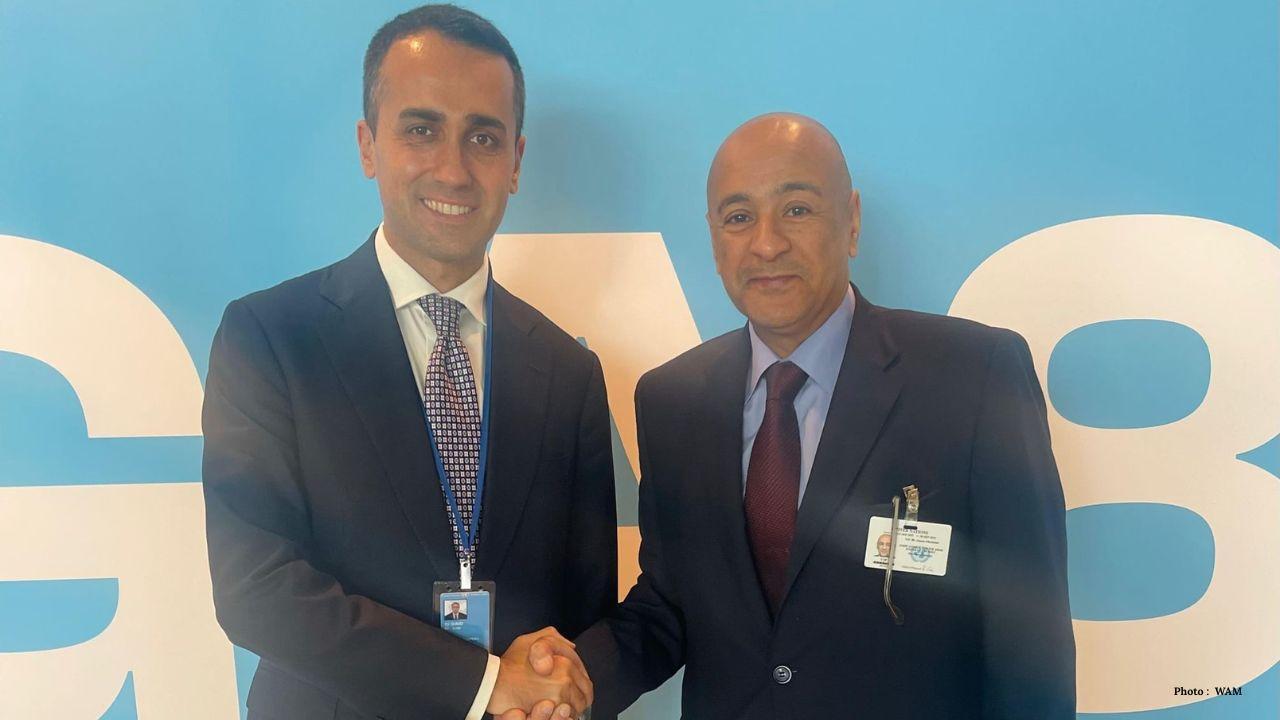
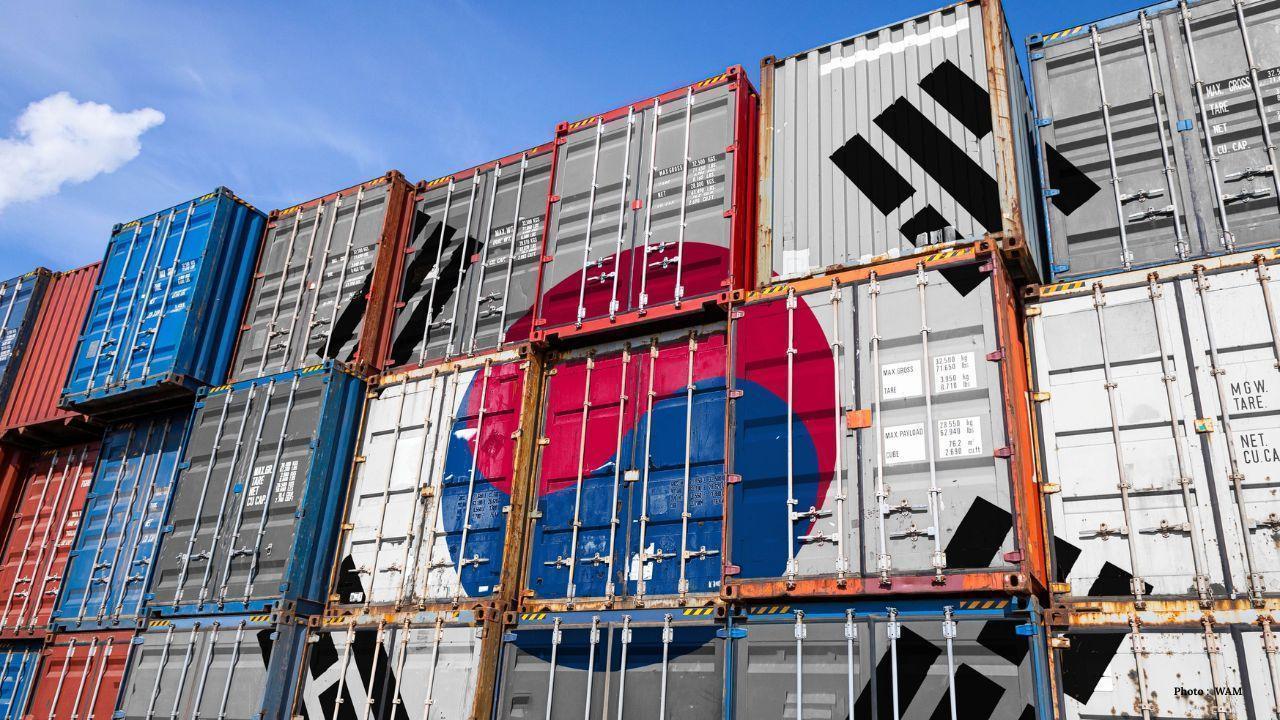


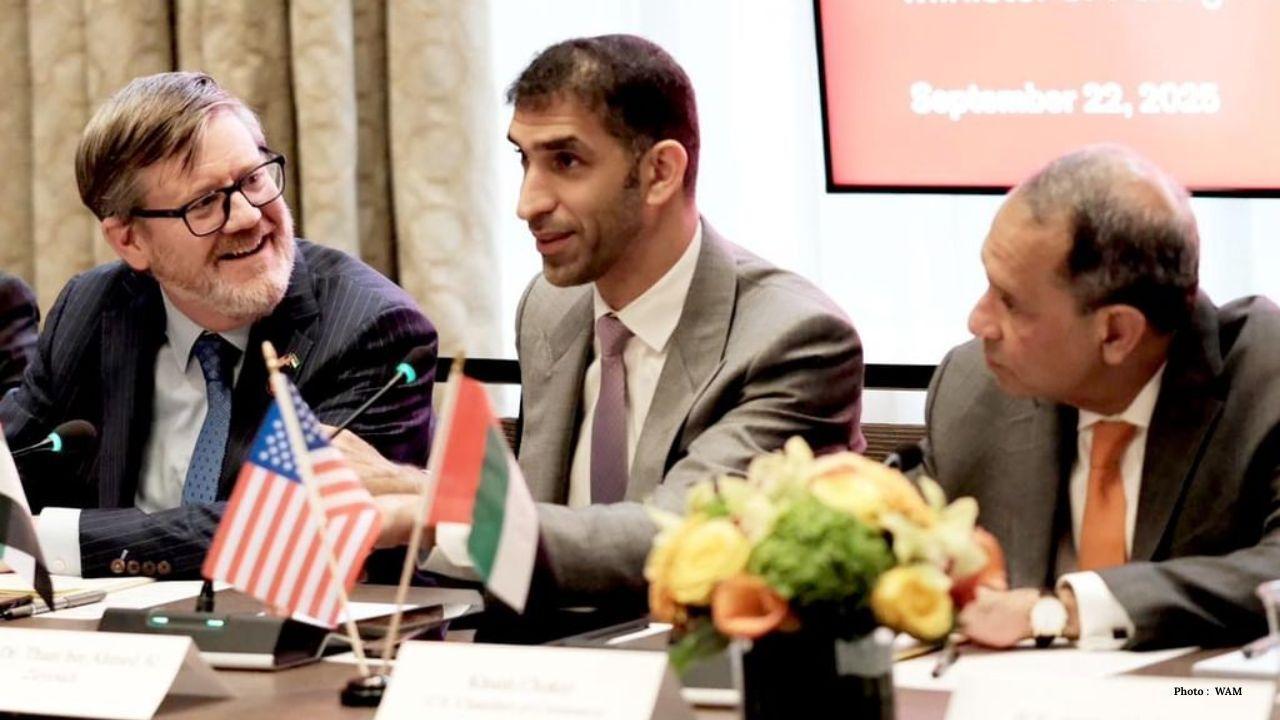
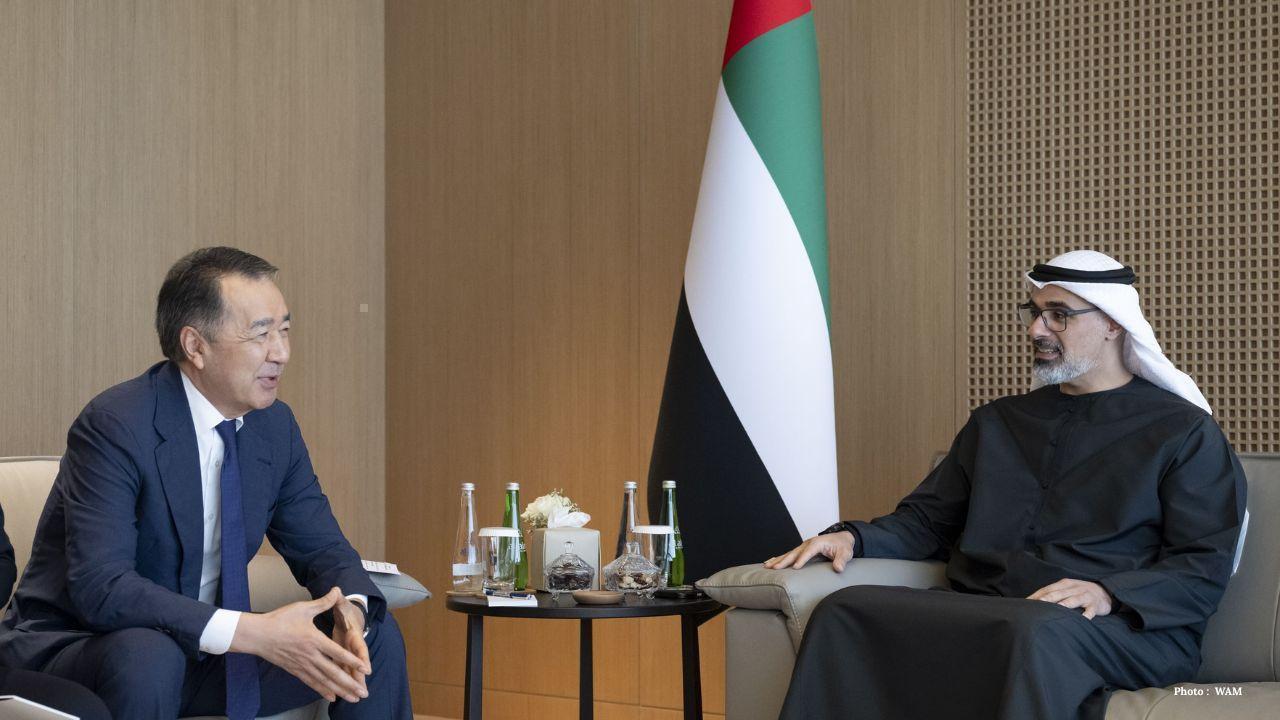
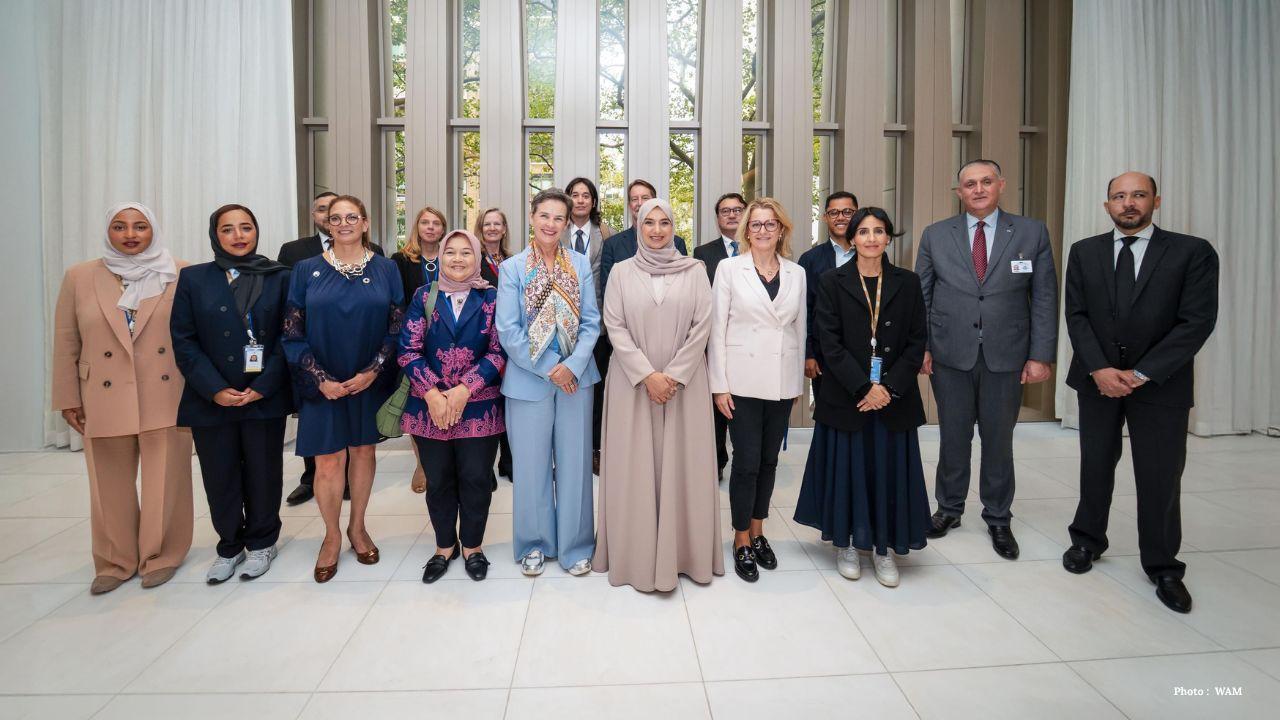

South Korea’s ICT Service Exports Rise 19% in Early 2025
South Korea’s ICT services, led by gaming, reached $6.37B in H1 2025, beating imports and creating a

OpenAI Oracle & SoftBank Expand AI Data Centers
AI infrastructure expands as five new US data centers aim to boost capacity, jobs, and technology gr

UAE as Guest of Honour at 4th Global Digital Trade Expo in China
UAE joins China’s Global Digital Trade Expo as Guest of Honour, showcasing AI, FinTech, smart cities

UAE Minister Promotes Stronger Trade Ties with US Leaders
UAE Minister meets US business leaders in New York, highlighting $38B trade growth and new investmen

UAE Strengthens Economic Ties with Eurasian Union
Abu Dhabi Crown Prince meets Eurasian Economic Commission leader to boost trade, investment, and sus

UAE Hosts First Nature Guardians Majlis at UN in New York
UAE hosts the first Nature Guardians Majlis in New York, gathering world leaders and experts to boos